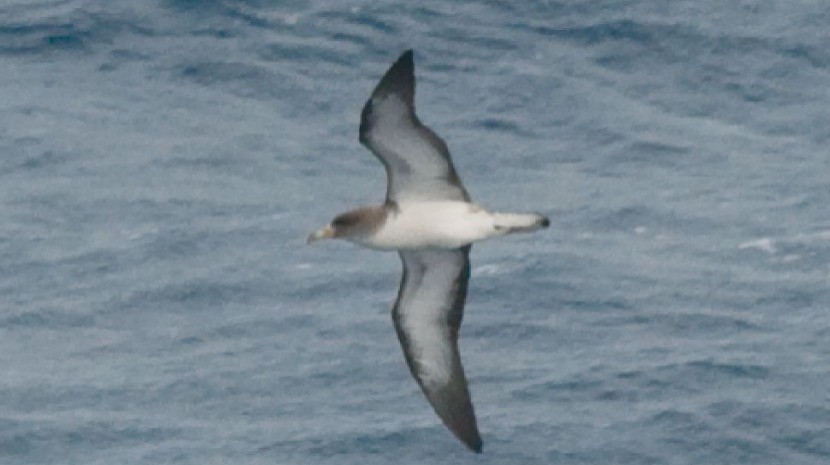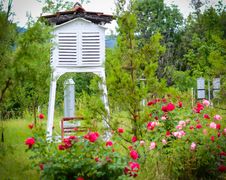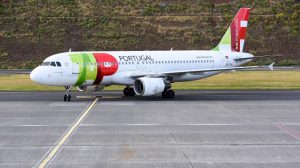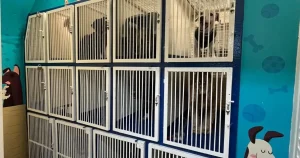In order to save the life of Madeira’s seabirds on the 30th of October, a thousand street lamps will be turned off between 8 pm and 11 pm. This is when juvenile shearwaters leave their nests and is a critical time for them.
This is an initiative of the Noite Com Vida campaign, of the Portuguese Society for the Study of Birds (SPEA), organised with the help of the partner municipalities of the LIFE Natura@night project.
This year, every 10 euros raised will mean another light is turned off at this critical time. The study also aims to prove how excessive artificial light impacts Madeira’s seabirds.
In addition, the organisation also invites Madeirans to join this initiative by turning off the outdoor lighting of their homes and buildings during this mega-blackout time and save even more birds, by turning off or reducing outdoor lighting between now and the 15th of November.
“With this blackout, for one night we will create a safe path in the sky so that birds can fly towards the sea safely. But more than that, we will demonstrate how reducing excessive artificial lighting can save birds,” clarified Elisa Teixeira from SPEA Madeira.
Samantha Gannon
info at madeira-weekly.com
According to the organization, “every year, in Madeira, the Azores and the Canary Islands, light pollution leads to hundreds of juvenile seabirds becoming dazzled, falling to the ground and potentially being injured or even killed.”
“In an attempt to raise some of the funding needed to save these birds and reduce light pollution, SPEA launched last winter the fundraising campaign Night with Life, within the scope of the LIFE Natura@night project, which seeks to study and reduce the negative impacts of light pollution in Macaronesia,” the same note reads.
“Light pollution affects not only birds, but also countless other species and even human health. 99% of the inhabitants of Europe and the US live under night skies that are brighter than they would naturally be. This continuous exposure to light affects vital processes, and the greater luminosity at night reduces the production of the hormone melatonin, leading to problems such as sleep deprivation, fatigue, headaches, stress and anxiety and even, according to some scientific studies, the increased risk of some cancers such as breast and prostate”, adds.
“This Mega-Blackout is a way to make light pollution visible, and to alert to the importance of studying its impact and working with municipalities and companies to implement more efficient, more adequate and better targeted public lighting”, adds Domingos Leitão, Executive Director of SPEA.
Until November 5, the Save a Seabird Campaign is also taking place, in which volunteers and technicians from SPEA travel the island in search of birds that need help to reach the sea






